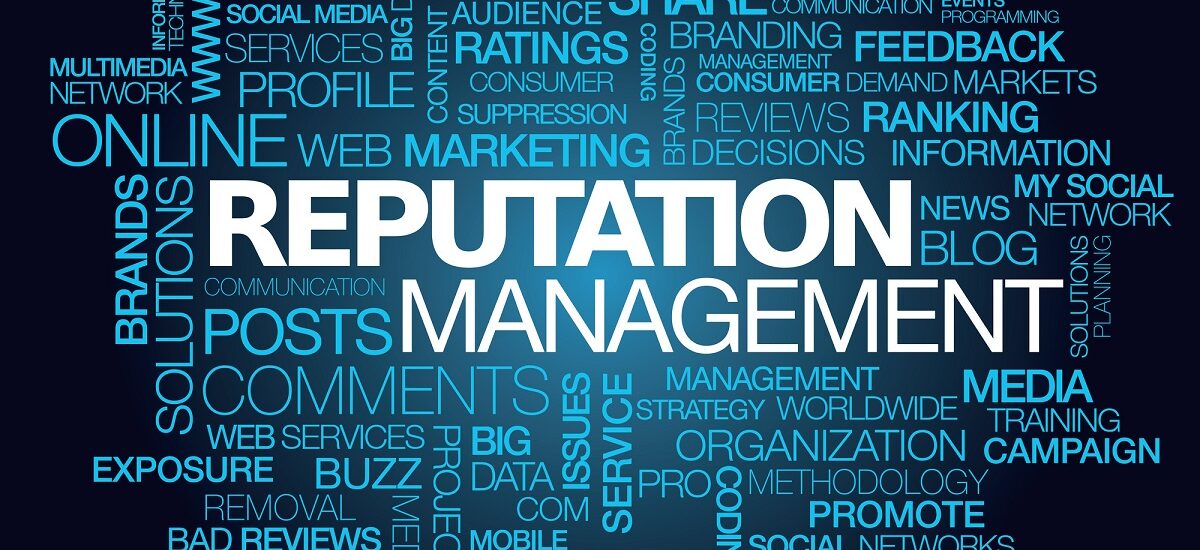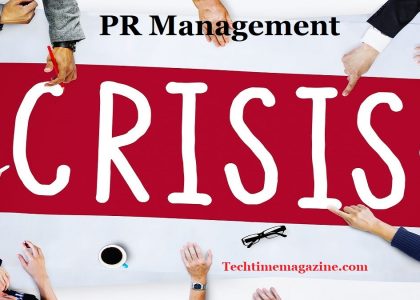Personal Online Reputation Management Over time, each of us has created a reputation based on rumors transmitted by word of mouth.
This view, which has a direct relationship to the origins of mankind on Earth, has changed as a result of the rise of the Internet. At the time, the concept of internet reputation was only being started. Both individuals and businesses must consider their online reputation.
Controlling your reputation on a personal or individual level seeks to affect how others perceive you as a person rather than a successful businessperson or well-known figure.
What Exactly Does It Mean To Fully Manage Your Own Internet Reputation?
People are more inclined to cope with crisis management since the Internet is a public forum where everyone may share their incorrect thoughts.
To avoid this, you must have a solid Personal Online Reputation Management strategy in place. One of the subjects that is explored is online reputation management (ORM).
It encompasses a number of techniques for establishing or improving your online presence.
The Technique Is Based On Four Criteria:
- Removing irrelevant information.
- A timer for perusing the web.
- Manage critical remarks in real-time.
- Creating and maintaining a good reputation.
A timely, well-thought-out action plan that takes these four factors into consideration is necessary for good outcomes.
How To Defend Your Own Reputation
The same rules apply to safeguarding your company’s image as they do to protecting your personal reputation.
Though it takes a significant amount of time and effort, keep in mind that not everyone is capable of completing this difficult task. The best course of action is to call a team of experts, such as Reputation UP, who understand how to rebuild your internet reputation.
Let’s look at what we can do to learn more about personal online reputation management:
You Must Keep An Eye On Any Online Information About Yourself:
You might begin by researching all search engines, social networking sites, forums, and other online resources to gain a full picture of your internet reputation.
Remove Any Potentially Hazardous Links Or Outdated Material That Might Hurt You Right Away:
Personal Online Reputation Management Utilize your right to be forgotten to protect your legal rights and maintain control over your reputation.
According to Google, fewer than half of the approximately 135.891 requests for material removal filed from the UK in compliance with the GDPR since 2014 have been handled.
Keep Your Personal Information Private:
The best course of action is to keep sensitive information to oneself and to be cautious when disclosing a large amount of personal information because doing so may hurt your reputation.
An Examination Of Your Personal Online Reputation Management:
There are various online tools that you may use to evaluate your online reputation. Here are some online tools you may use to evaluate your online reputation:
You may use these tools to monitor your online and social media presence as they collect comments about you. RepUP Monitoring Tool should be used as a replacement if you want a more accurate and comprehensive monitoring tool.
ReputationUP’s program uses big data and artificial intelligence to examine internet reviews about your brand or company. To avoid a future reputational disaster, this program searches the public internet on a regular basis for anything favorable, bad, or critical of your company. The emotion score of online comments is also computed.
Discussion forums, review sites, internet domains, links, profiles, and social media accounts may all be tracked. You may maintain tabs on your competition by tracking their digital marketing strategies.
Suggestions For Increasing Your Online Reputation:
If you want to increase your online reputation and reputation management, you must first master the principles of digital marketing.
The following tips might assist you in completing it specifically:
Improve Your Web Visibility:
Personal Online Reputation Management Select photographs that will help you appear more professional and confident in both situations. Use a distinct company profile that is not also your personal profile. Maintain appropriate communication and the same standards while sending emails.
Create A Personal Blog Or Website:
The focus you take on your professional experiences in this field will help you express your views and opinions to a wide audience.
Participate In Social Media Activities:
Some social networking sites, such as Facebook, LinkedIn, Twitter, Instagram, Pinterest, Google+, and YouTube, make sense to prioritize.
Maintain Consistency While Being Unique In Your Work:
To create a favorable brand, utilize SEO, create an editorial plan, and publish high-quality content.
Change Your Privacy Settings:
The majority of respondents (22%) are prepared to disclose personal information on entertainment websites.
Because 24% of users say they are hesitant to disclose personal information, social media obtains the lowest possible grade. You can verify the accuracy of the information you supply and control its usage by adjusting the privacy settings on each website you visit. Such a process is tough to manage since each operation must be coordinated with the others.
Personal Online Reputation Management services may help you develop a strong online reputation. In today’s society, when everyone relies on technology, maintaining control of your online reputation is critical.
Source: Esteemimage









